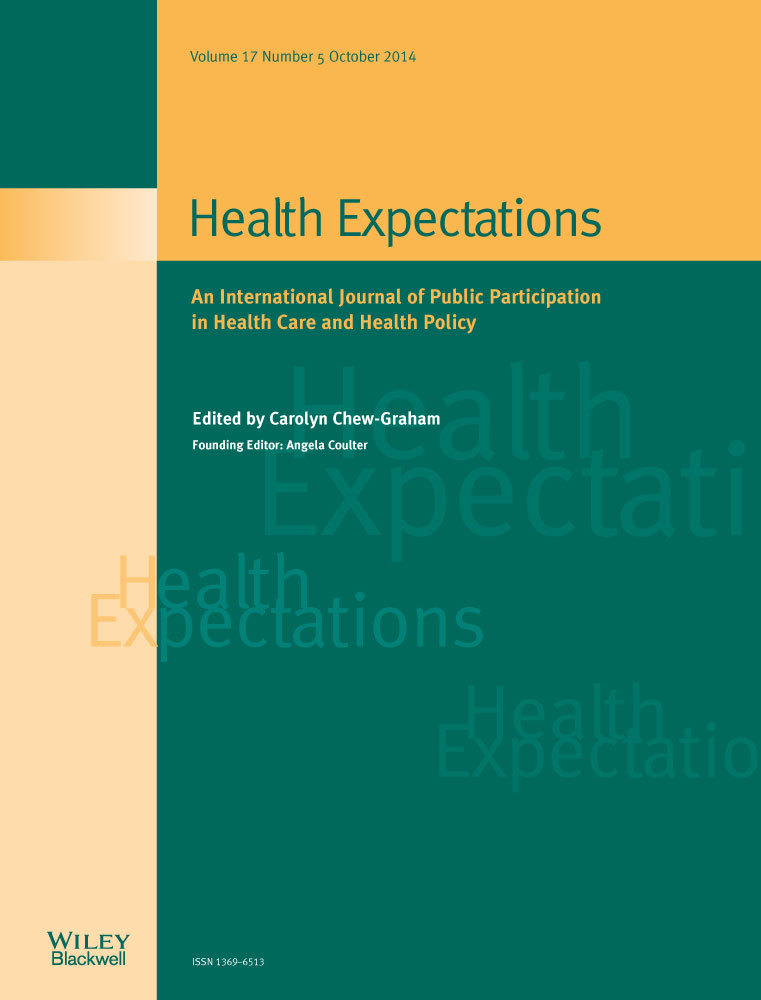On defensive decision making: how doctors make decisions for their patients
Abstract
Background In the past decade, the number of lawsuits for medical malpractice has risen significantly. This could affect the way doctors make decisions for their patients.
Objective To investigate whether and why doctors practice defensive medicine with their patients.
Design A questionnaire study was conducted in general practice departments of eight metropolitan hospitals in Spain, between January and February 2010.
Setting and participants Eighty general practitioners (48% men; mean age 52 years) with an average of 15.3 years of experience and their 80 adult patients (42% men; mean age 56 years) participated in the study.
Main outcome measurements Participants completed a self-administered questionnaire involving choices between a risky and a conservative treatment. One group of doctors made decisions for their patients. Another group of doctors predicted what their patients would decide for themselves. Finally, all doctors and patients made decisions for themselves and described the factors they thought influenced their decisions.
Results Doctors selected much more conservative medical treatments for their patients than for themselves. Most notably, they did so even when they accurately predicted that the patients would select riskier treatments. When asked about the reasons for their decisions, most doctors (93%) reported fear of legal consequences.
Discussion and conclusions Doctors’ decisions for their patients are strongly influenced by concerns of possible legal consequences. Patients therefore cannot blindly follow their doctor’s advice. Our study, however, suggests a plausible method that patients could use to get around this problem: They could simply ask their doctor what he or she would do in the patient’s situation.




